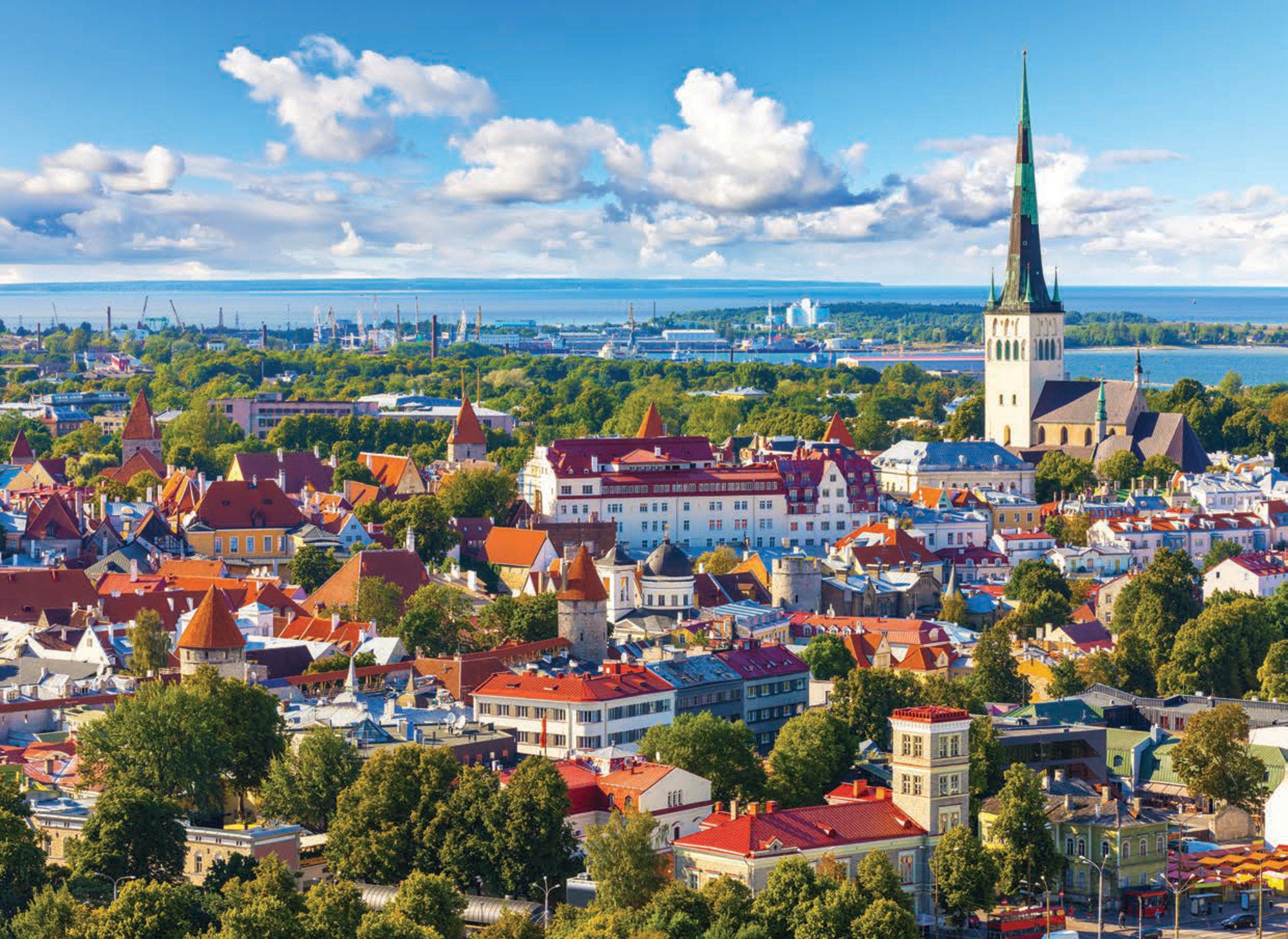Since its independence, Estonia has made tremendous progress towards greater economic prosperity. Estonia enjoys solid institutions, political stability, a strong and credible fiscal policy, as well as a robust financial sector. Estonia is also a frontrunner in digital governance and innovation. Stable and secure digital services are in fact one of the factors that have allowed Estonia to cushion better than others the sanitary and economic shock from the pandemic. After an impressive post-pandemic rebound, a renewed focus on structural reforms will help Estonia remain on a path of rapid convergence and cushion the new shock entailed by the war in Ukraine. Reforms should focus on addressing labour shortages and skills mismatches, while protecting the existing flexibility of the labour market. Very high inflation could aggravate an already high-level prevalence of poverty, and social transfers could be better targeted towards people left behind. Spending on health and infrastructures should also be made more efficient to deliver better value-for-money. The oil shale sector is highly energy intensive and is the main culprit behind Estonia’s high greenhouse gas emissions, but reducing dependence on the sector is challenging. This Economic Survey of Estonia assesses the country’s macroeconomic performance and proposes policy measures to promote higher, greener, more resilient and inclusive growth.
SPECIAL FEATURE: CLIMATE POLICY CHALLENGES

















